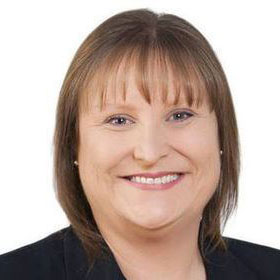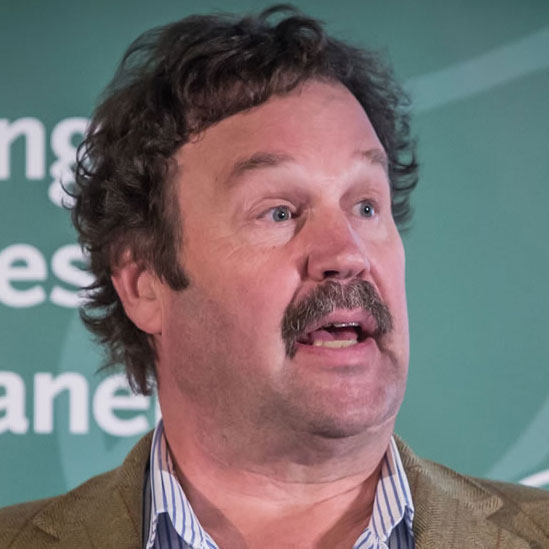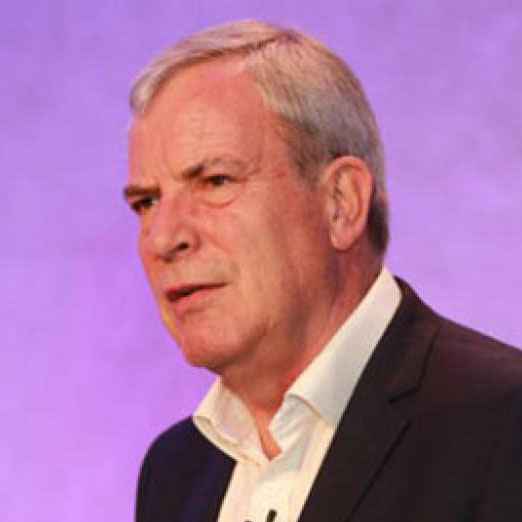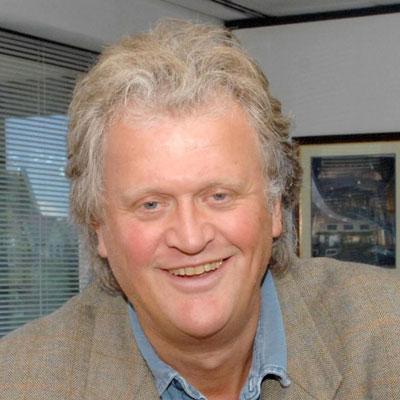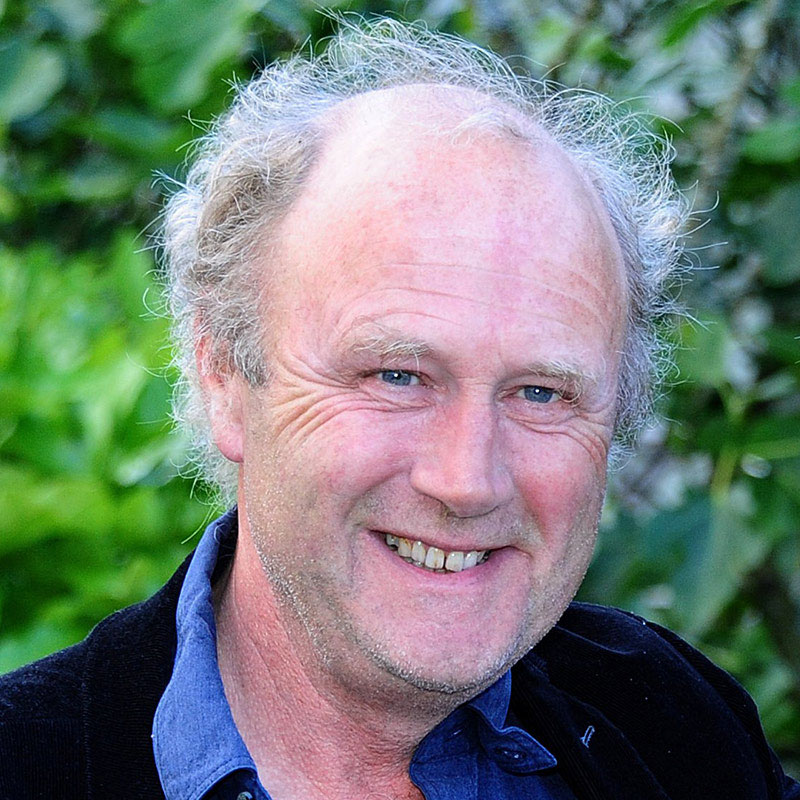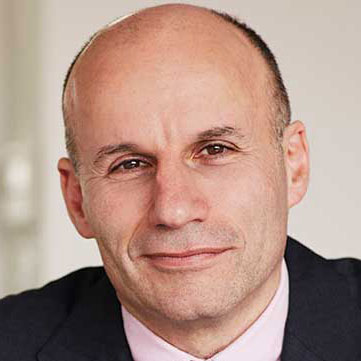Tourism
Pre-Covid, UK citizens spent 22% of their weekly budgets on leisure activities. With holidays abroad still a challenge, domestic tourism this year is expected to be up 51% on 2020. Mace’s Tourism & Leisure Index raises a glass to the political players in the leisure and tourism industry.
From theme parks to curry houses, from gardens to pubs, the UK’s leisure and tourism industry is looking to bounce back quickly from a deeply challenging year. In happier times, the UK welcomed 41 million international visitors annually, who spent over £28 billion. During lockdown, it has been vital that the sector has been able to make its case to government and advocate for the funding and support to keep it alive.
The professionals featuring on Mace’s latest index have risen to this task. So far, businesses in the tourism, leisure and hospitality sectors have received over £25 billion in government grants, loans and tax breaks. Last week, the government announced its Tourism Recovery Plan, with initiatives such as the £10 million National Lottery Days Out scheme – and a new rail pass to encourage domestic breaks. The strategy now is not just to steady the ship: the sector is set to evolve with new focus on data, technology and promotion of so-called active tourism such as water sports.
With most Britons holidaying in the UK this year out of necessity, it’s no wonder that VisitBritain are forecasting a recovery of £51.4 billion in domestic tourism spending in 2021 – up an impressive 51% on 2020 levels. And next year is looking good, too: The Queen’s Platinum Jubilee, a new bank holiday in June and the Commonwealth Games in Birmingham will all be good for business. By 2025, industry estimates suggest the UK tourism industry will be worth over £257 billion – just under 10% of GDP.
Last week’s G7 Summit served as a compelling travel brochure for Cornwall with its backdrop of breath-taking seascapes and a dinner at top UK destination, The Eden Project, hosted by the Royal Family. It will be a while yet before the leisure and tourism industry’s most powerful advocates can rest and recuperate.

Ufi Ibrahim
All-Party Parliamentary Group for International Trade & Investment
Chair (Tourism)View Profile


